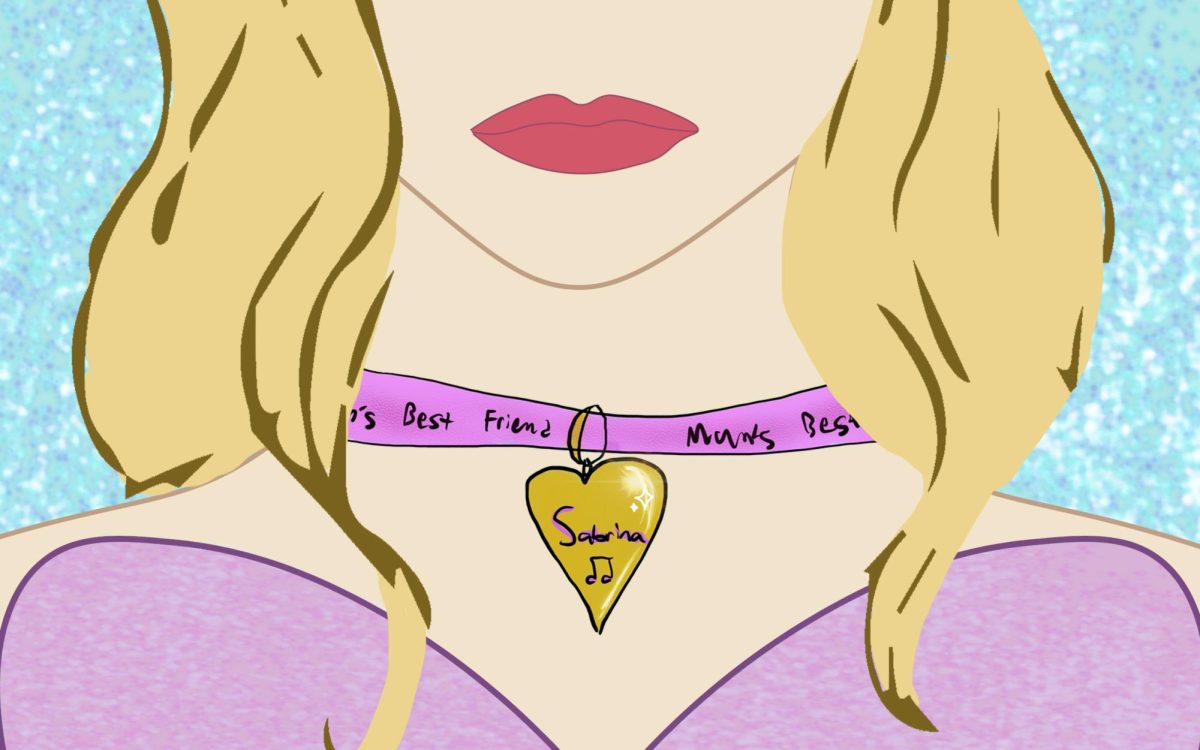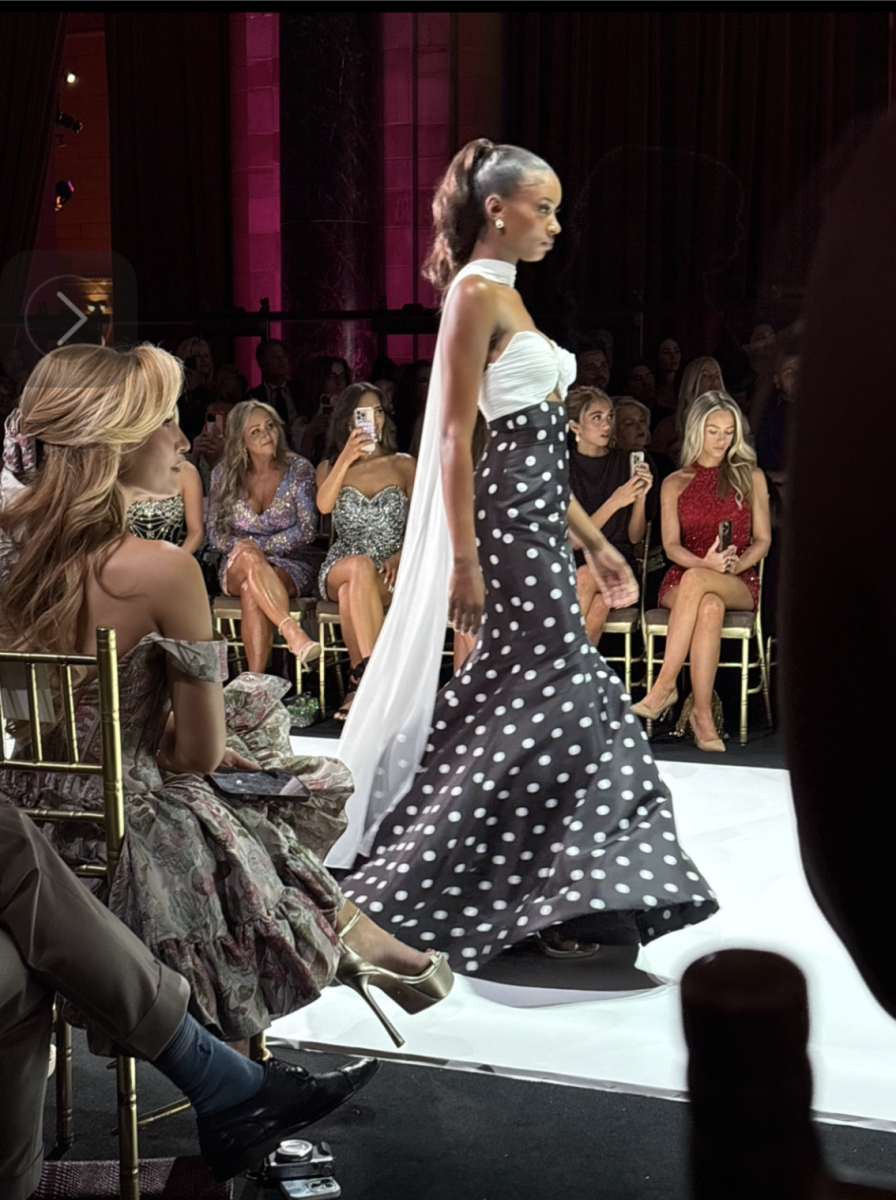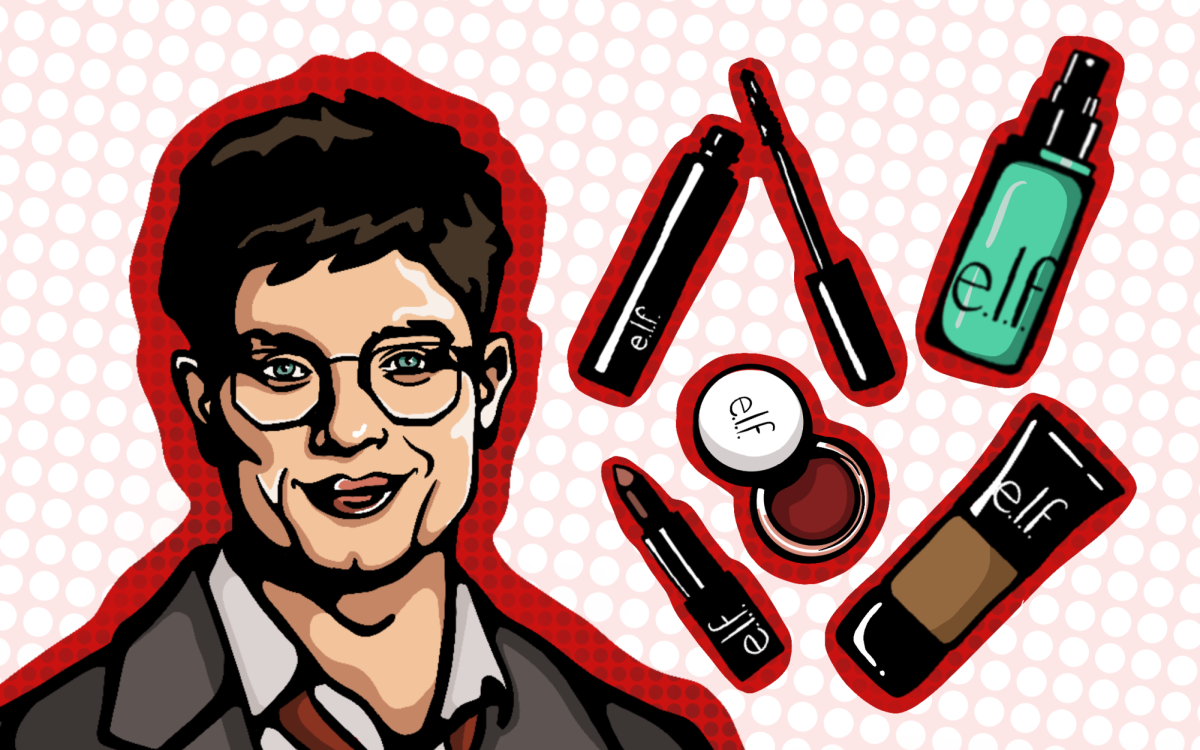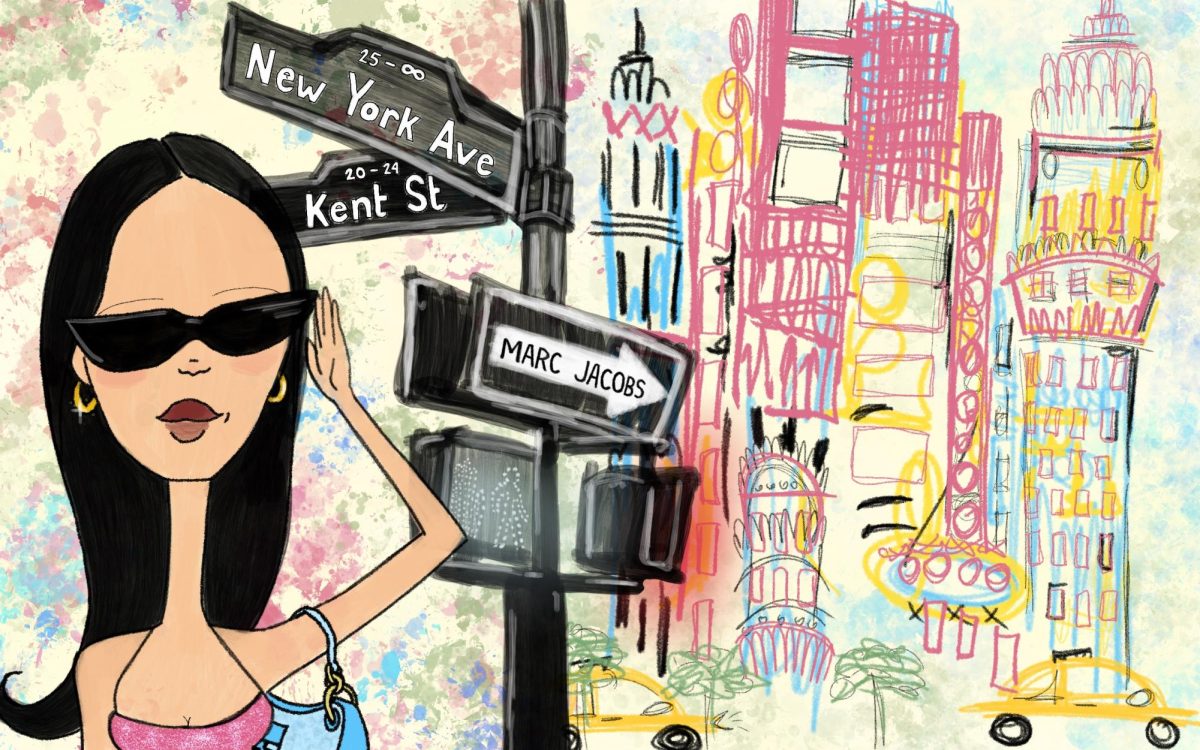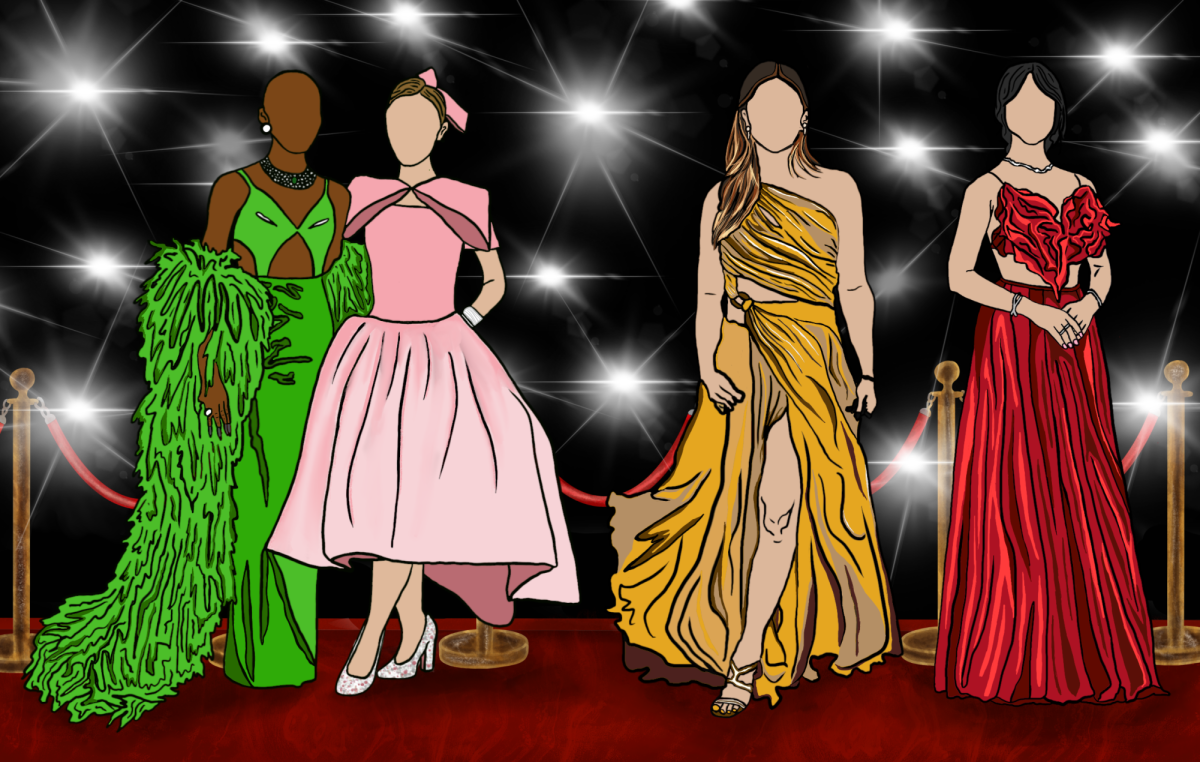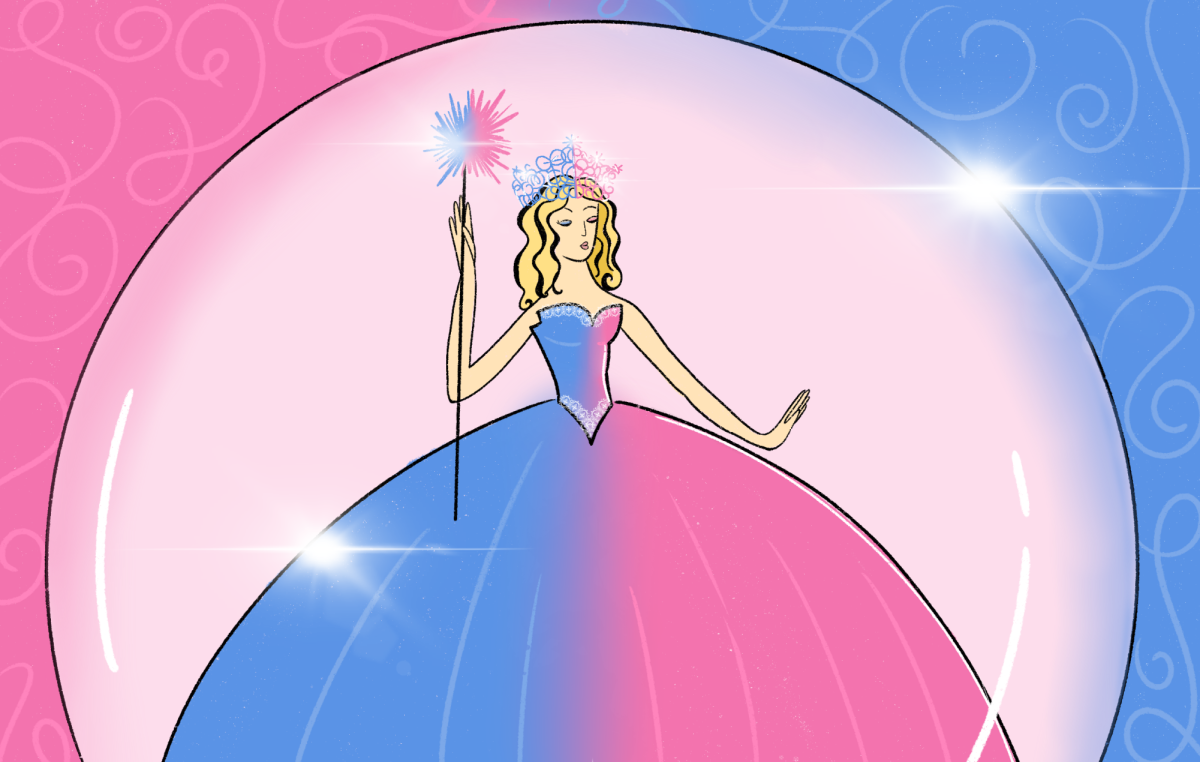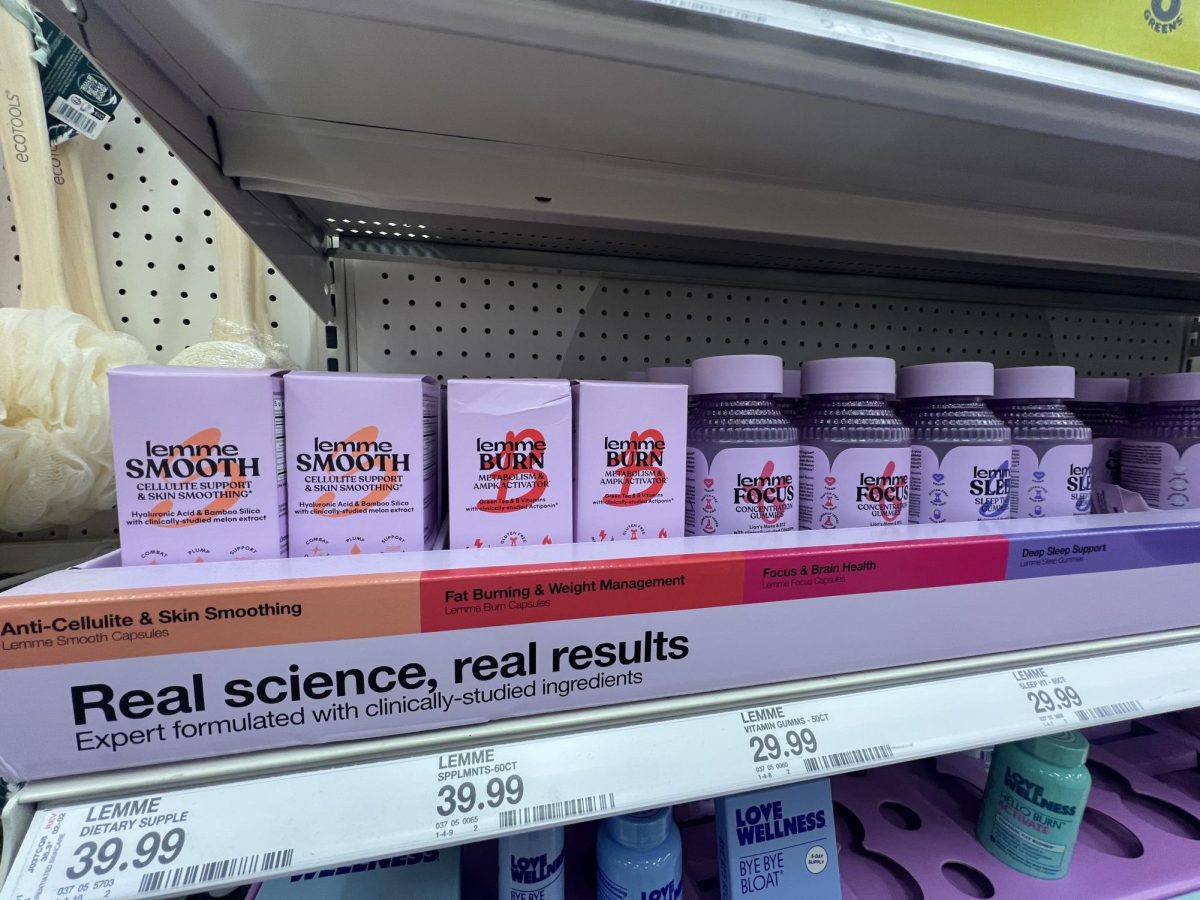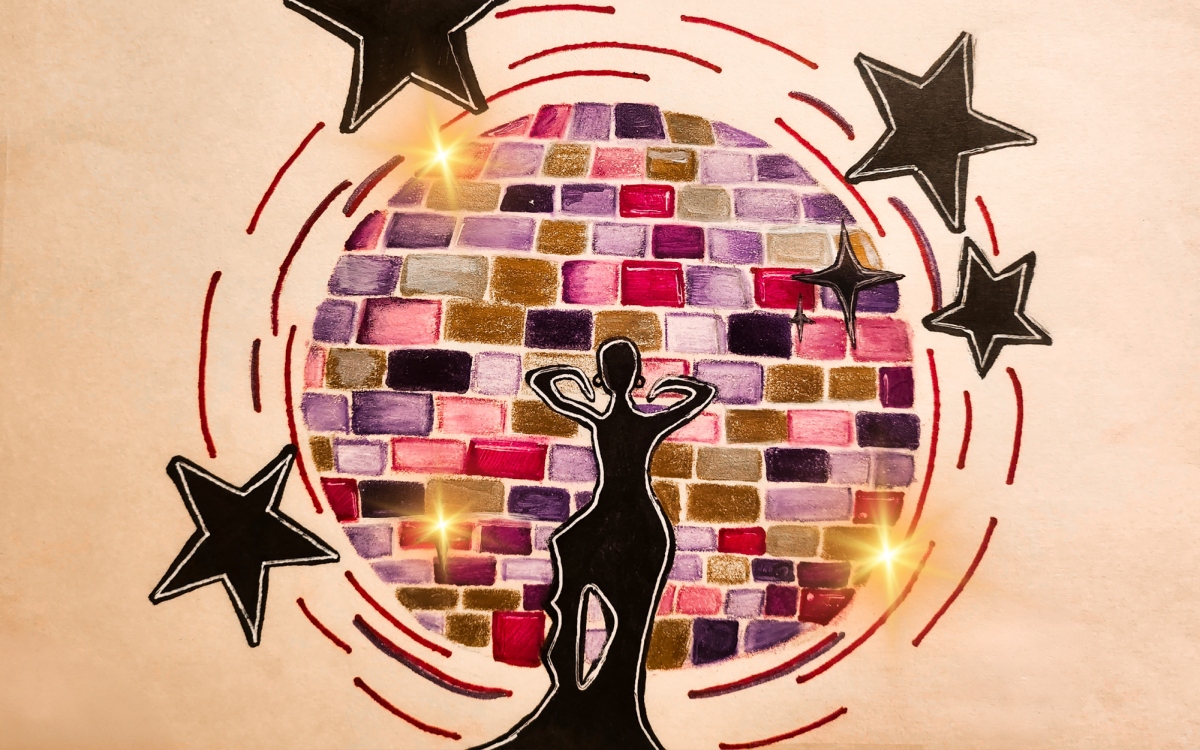When I first started reading “Gone Girl” by Gillian Flynn, I was hooked. The story surrounds the disappearance of sheltered housewife Amy Elliot Dunne. Amy and Nick Dunne met in New York City during what was arguably the prime of their lives. Amy grew up wealthy, thanks in large part to her parents’ book series “Amazing Amy,” based on her namesake. Nick grew up in the lower middle class, having been raised by a single mother and an abusive father in a small town in Missouri. When the pair met, Amy was writing personality quizzes for a living, and Nick was working at a magazine. When the recession hit shortly after their wedding, both Amy and Nick lost their jobs, deciding to move to Missouri to take care of Nick’s dying mother.
Things go awry when Amy disappears on the morning of the couple’s fifth wedding anniversary. The living room is left in a state of chaos, and the front door is left wide open; Amy is gone. Automatically, suspicion falls on Nick, thanks to an overwhelming amount of seemingly unexplainable evidence all pointing to her husband. The nation is captivated by the disappearance of such a beautiful and promising woman. The twist: Amy faked her own murder.
Many people who read “Gone Girl” view Amy Dunne as a psychopath. She is calculated, vindictive, cunning and seemingly lacks remorse for her actions. She is always three steps ahead of everyone around her and will stop at nothing to get what she wants. When she found out Nick was cheating on her, she set a plan in motion to make him pay. Her plan, however, goes a bit far: she wants to frame Nick for her murder in the hopes that he will get the death penalty. I have to say, as someone who loves a good revenge plan, even I can admit this is a bit dramatic.
After the release of the hit novel and the 2014 film, hundreds of articles delving into the psyche of Amy Dunne were published, by writers and mental health professionals alike. There is no doubt that Amy had some sort of severe mental illness, but the debate on what said illness was is still ongoing. Regardless of her obvious problems, readers cannot help but identify and sympathize with her. Fiona Loudon, a senior English major at Kent State University, considers Amy “likable to a sense.” Loudon explains that “she is complex, witty and relatable at times. Amy represents the hundreds upon hundreds of women who feel the same way about the world and men. She stands up for herself, again, in an extreme way, but that’s why it’s called a “revenge fantasy.”
I had to read the novel for a class, and when it was time for discussions on the book, I was shocked by the overwhelming hatred the rest of my peers felt toward Amy. I found her character interesting and complex in all the best ways and found myself defending her actions against my own better judgment. I know the difference between right and wrong, and would not feel the same had this been my real life, but for the purpose of reading a novel with a character such as Amy, I see no issue with trying to understand her point of view.
Although Amy is entirely a work of fiction, some real women have been wronged in the world, just like she was. There are women who have been lied to, cheated on, manipulated and abused. Although much of Amy’s story was fabricated, her strife was all rooted in truths. It may not have happened to her, but it happened to someone, and that is the real issue here. Amy was a master manipulator who somehow got played by several people around her. She was the smartest in the room, sometimes to a fault, and her advanced outlook on the world made it hard for people around her to keep up–and she resented them for it. With Amy, she is always right, all of the time.
One thing I really enjoyed in the book was Amy’s explanation of the “cool girl.” Amy explains that women often find themselves changing their personalities to fit the wants and needs of the man they are pursuing. Loudon also agrees that Amy’s monologue explaining this theory is particularly compelling. “For a long time, that sensation was hard to pin down since the ‘cool girl’ isn’t just one thing–it depends on the man projecting onto her. I think setting up how Amy fell into being a cool girl for Nick and how it essentially killed her true self makes her rage very real. Many women can relate to shape-shifting for a man or society since the reality isn’t palatable enough.”
Amy Dunne is an anti-hero. While it is entirely fair to make the argument that she is the villain of this story, her character, however evil, managed to remain more likable than her cheating husband. Her motivations are flawed, but at her core she is relatable. I cannot fault my classmates for not seeing the bigger picture of what Amy represents–female rage. Living in a patriarchal society is challenging for everyone who does not fit into it. Amy is a manifestation of the anger and frustration that millions of people face daily.
“Gone Girl” is not meant to highlight the difference between right and wrong. Loudon believes that it is not “supposed to be taken as a moral handbook or a masterclass in philosophy.” Once that is understood, it is easy to root for a character like Amy Dunne. I understand why, ethically, Amy was not the perfect person. But that doesn’t make me love her any less. I was shamed by my classmates, told I was “crazy,” and told to go to therapy. Jokes, sure, but there were real connotations underneath those innocent jabs at my morality.
I love feminine rage. That is not a flaw of mine. I love exploring the moral highs and lows of being a woman, and I love when characters are a celebration of this fact of life. It’s hard being a woman, and it is even harder trying to suppress parts of yourself to fit better into a society that was never meant to serve us. If you don’t fit into the criteria that our patriarchal society was made for, Amy is meant to represent the revenge fantasy we’ve all had at some point in our lives. Most of us have never thought of going to the lengths and extremes that Amy went to, but that is why this is a work of fiction. Looking at Amy’s actions as an allegory of sorts can help to make sense of why people like her, even after everything she did.
I hope for the sake of my sanity that I never come across someone like Amy, but she will forever be one of my favorite characters ever written. Good storytelling goes beyond things like having a good conscience. Ultimately, I don’t think that there is anything wrong with identifying with some parts of Amy’s character. Indulging in our anger is sometimes the most healthy thing that we can do. Women have been shamed for showing any sort of resentment for all of history. Having a backbone and standing up for ourselves, it is all frowned upon in our society. Amy defies expectations and embraces the messiness that comes from the consequences of fighting back. Finding the positives in Amy Elliot Dunne and understanding the importance of her character and her story is something that I am proud to own up to, and I will not be made to be the villain because of that.
Support Student Media
Hi! I’m Annie Gleydura, A Magazine’s editor-in-chief. My staff and I are committed to bringing you the most important and entertaining news from the realms of fashion, beauty and culture. We are full-time students and hard-working journalists. While we get support from the student media fee and earned revenue such as advertising, both of those continue to decline. Your generous gift of any amount will help enhance our student experience as we grow into working professionals. Please go here to donate to A Magazine.



